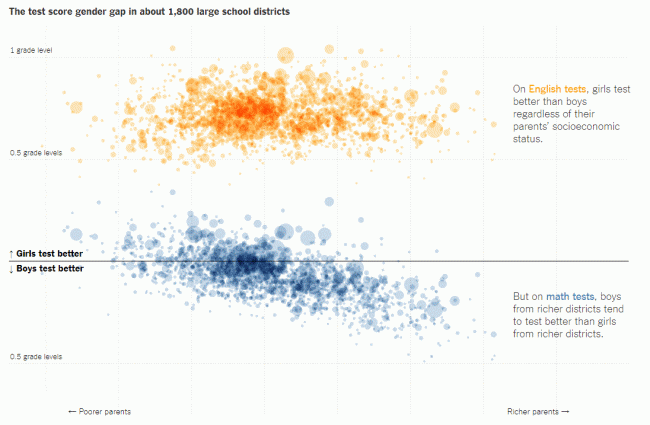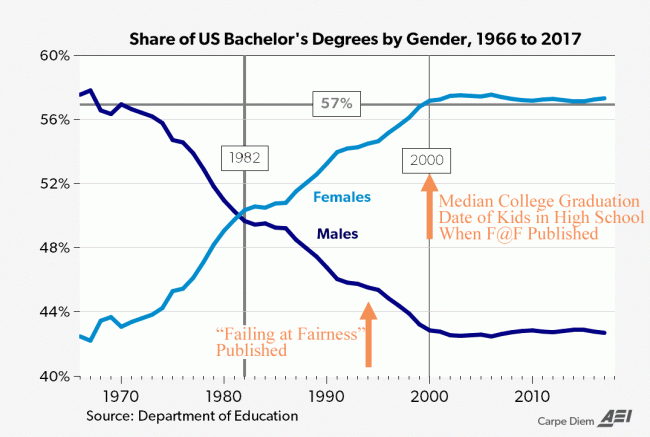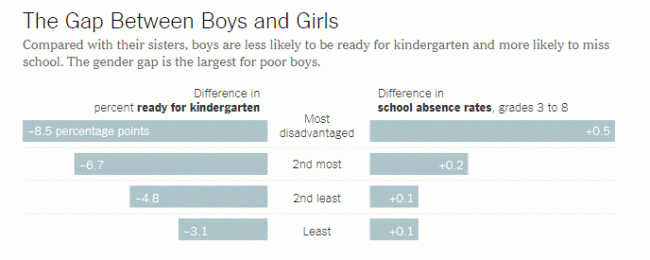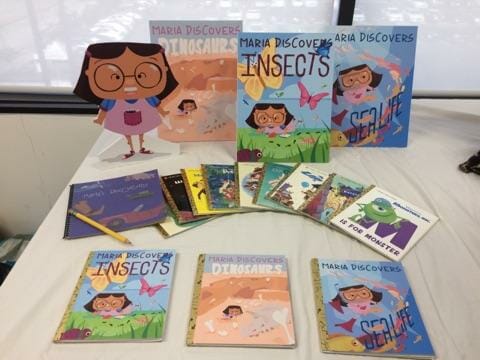Princeton, like many top Universities, requires a face to face interview of every candidate. They do this mostly through their alumni network. I volunteered for this effort for well over a decade, and it was fun to meet and talk to a lot of bright kids.
However, it was becoming clear to me that Asians, with the same qualifications, had a much worse chance of getting in than other similar kids of other ethnicities. I started getting Asian kids asking me about this and I had some canned answer from the University to give them, but that answer looked like BS to me. I felt like I was being asked to lie if I told Asian kids they did not face discrimination in the process.
So I quit. Princeton is a private institution (though it accepts a lot of public money) so I suppose it can pick candidates any way it wants, but that does not mean I have to act as an agent for them if I disagree with what they are doing.
The WSJ has a follow-up today on a couple of cases being made by Asians against Princeton and Harvard admissions:
In 2006 Jian Li filed a complaint with the Education Department’s Office of Civil Rights after he was denied admission to Princeton University. Mr. Li, who emigrated from China at age 4, had a perfect score on the SAT and graduated in the top 1% of his high school class. He alleged that Princeton violated civil-rights laws banning discrimination on the basis of race, color and national origin. The complaint was initially rejected, but Mr. Li appealed and the government reopened the investigation in 2008. Seven years later, in 2015, the Obama administration, which strongly supported the use of racial preferences in college admissions and obviously took its sweet time reviewing Mr. Li’s case, issued a report exonerating Princeton.
Last year Mr. Blum’s organization filed a public records Freedom of Information Act request with the Education Department to gain access to the same documents that the federal government used to clear Princeton of any wrongdoing. Mr. Blum’s organization represents a group of Asian plaintiffs who are suing Harvard University over its admissions policies. The judge in that case has ordered Harvard to turn over six years of admissions records, and Mr. Blum suspects that the data will show that Harvard is unlawfully capping Asian enrollment.
America’s Asian population has exploded in recent decades, and Asian attendance at highly selective schools with colorblind admissions, such the California Institute of Technology and the University of California, Berkeley, reflects this demographic trend. At Harvard, however, the percentage of Asian undergrads has remained remarkably consistent for an institution that claims race is not a determining factor in who is admitted. Mr. Blum suspects that Princeton engages in similar shenanigans, but the school has been pressuring the Education Department to deny him the information that he requested more than a year ago.
Concerned that the government was finally going to fulfill the FOIA request, Princeton sued the Education Department on March 17 to block the release of the admissions documents. The suit argues that the material being sought is exempt from FOIA, a claim that the government has rejected. The school also maintains that releasing the data would compromise student privacy, and it likened its admissions process to “trade secrets” that, if exposed, would put Princeton at a competitive disadvantage in attracting students.
Don’t believe it. Admissions officers switch schools all the time, presumably taking knowledge of admissions procedures with them, and the criteria used by elite institutions to evaluate applicants is not the equivalent of an iPhone patent. Nor is student privacy an issue since names, addresses and other personal information can be redacted. Mr. Blum’s organization simply wants the number of Asians who have applied to Princeton, their SAT scores and grade-point averages, and other information that the school used to analyze applicants academically.
What really concerns Princeton is a potential discrimination lawsuit. What ought to concern the rest of us is the apparent determination of elite colleges to punish Asians students for their academic success. Asians have long been the forgotten victims of liberal affirmative-action schemes, subject to unwritten “just for Asian” admissions standards that recall the treatment of Jews in the first half of the 20th century. Princeton wants them to shut up about it. Let’s hope they don’t.
I will say that the act of turning down a perfect SAT is not limited just to Asians, so I don't take that as necessarily proof of discrimination. Harvard and Princeton (and I suppose other Ivies but I really only know something about these two) seem to take a perverse pleasure in turning down perfect SATs. I don't have the facts, but I wouldn't be surprised if the admit rate for kids with SAT's one notch short of perfect is better than those with perfect SATs.
My evidence of discrimination is based on years of actually meeting the kids, seeing their scores and resumes, and talking to them about their activities and passions -- and comparing who gets in and who does not. And, of course, one merely has to look at the percentage of kids with Asian heritage at Princeton and compare it to universities like Berkeley that have color-blind admissions systems.






